The event industry has undoubtedly been impacted by the COVID-19 pandemic and will continue to feel the impact for some time.
Many events, festivals, and conferences have been canceled entirely, while some have been postponed with an optimistic new target date.
Event organizers are now taking a different route and reimagining their live event as a virtual event.
Shifting to a virtual event makes sense for a lot of organizations. But it’s by no means a seamless transition. There are still plenty of factors that need to be considered. Just like a live event, plenty of factors need to be considered while constructing a solid game plan to get the most out of your virtual event.
Here are the top 4 things to consider before taking your event virtual.
How much lead time do you have to plan your virtual event?
You’ll want to make sure you have enough lead time to convert your event to a virtual environment. You need adequate time for planning, promotions, and ironing out the technical execution.
First, you’ll want to discuss a virtual scenario with your key speakers and presenters. Presumably, you’ll still want them to participate in your event, so you’ll need to make sure they’re on board. If they’re unable to commit to your new event structure for some reason, then you’ll need time to lock in new presenters or guests.
You’ll want to make sure you have enough time to promote your event. If your event date hasn’t changed – just the structure – you’ll still need to keep your event attendees informed. Start by explaining why you’re going virtual. Then, make sure they know when and where they can participate in your virtual event.
The beauty of virtual events is there are no geographic restrictions. Anyone with an internet connection can watch your program, assuming you’d like them to. Transitioning to a virtual event means you have access to a much larger audience. But you’ll need time to map out a marketing and promotions plan to maximize your viewership.
Finally, you’ll need time to decide on the format for your virtual event. You’ll need time to map out the technical requirements, hosts/speakers, audience engagement, and define your success metrics.
What goals and objectives are the most important?
It’s important to prioritize your goals and objectives before taking your event virtual. A digital event may not be for you, depending on what you’re looking to accomplish.
If you’re planning a product launch event in which your top objective is to get your product in the hands of potential consumers, a virtual workflow may not be sufficient. But showcasing something like software or a mobile app is still possible. Even a fashion show can be taken online.
Before making the transition, you must weigh your overall goals and objectives, and make sure they can be accomplished through a virtual event.
What platform will reach your intended audience?
If you’re making the jump to digital, it’s essential to consider your distribution platform.
How will your target audience view and consume your content? The content itself will mainly drive this. Do you plan to open it to the public? Or is it for a specific audience?
If you need specific security measures, like unique logins for each viewer or maybe geo-restrictions, then you’ll need to find a distribution platform that can support those functions.
If your event is free and open to the public, hosting via YouTube, Facebook, or Zoom may suffice.
When choosing a distribution platform, it helps to pay attention to the user experience. Are there any tools that you’d like your audience to have access to (like a chat function)? Do you want users to be able to contribute to the event in some manner?
Finding a distribution platform that will reach your intended audience is key to your virtual event’s success.
Do you have a communication plan for your virtual event?
Communication is crucial when taking your event digital.
It’s important to build a smart communication strategy. You’ll need time to explain to your audience why you’re choosing to go virtual and explain to them what they can expect from your digital event.
If your previously scheduled live event was paid, then you’ll need to come up with a plan and pricing model for your new virtual experience.
Once you’ve mapped out your communication plan, you’ll want to start promoting your event. Your target audience needs to know when it is and how they can watch and participate. Be clear and send several reminders as the event day draws near.
If you’re looking to take your event digital, our event management team is here to help. Contact us at any time to discuss.
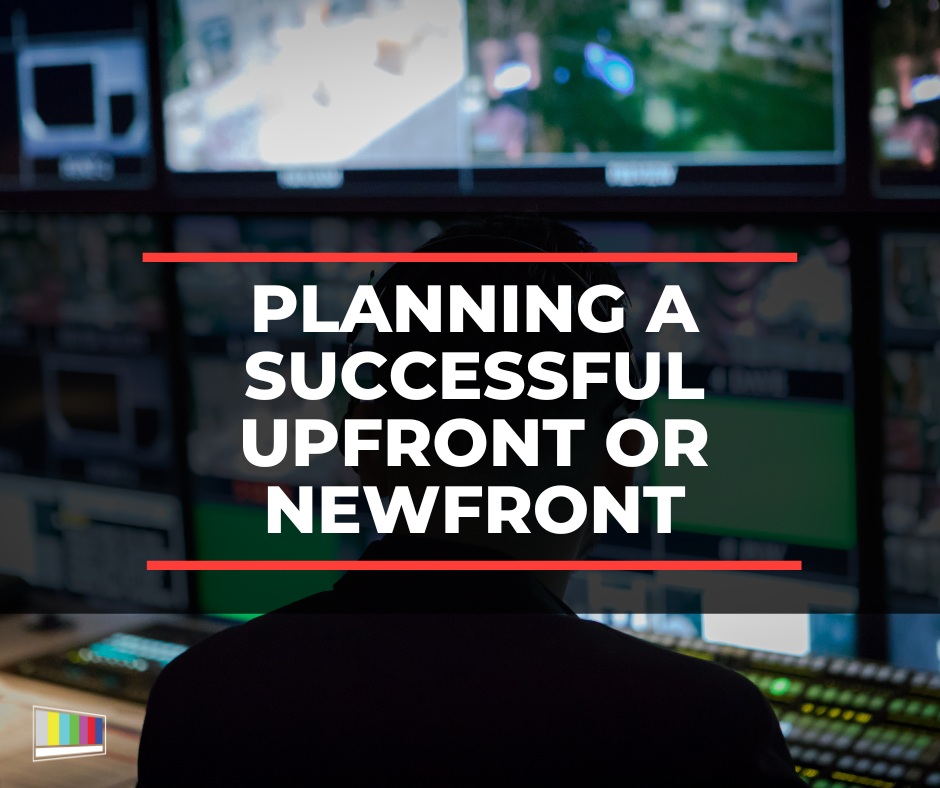

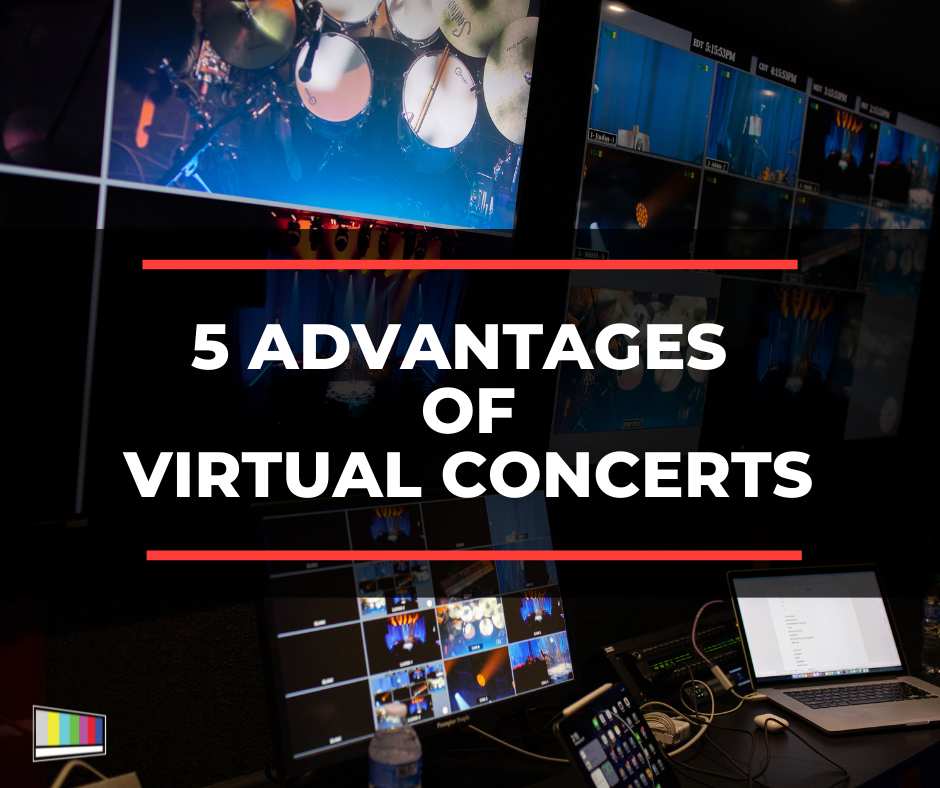
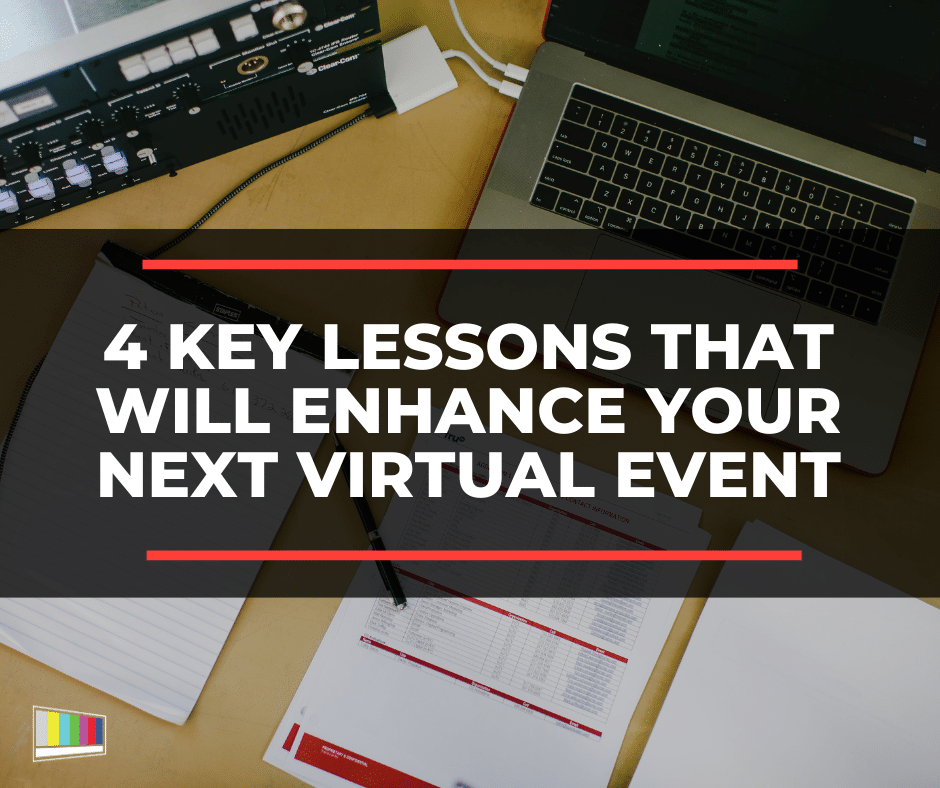
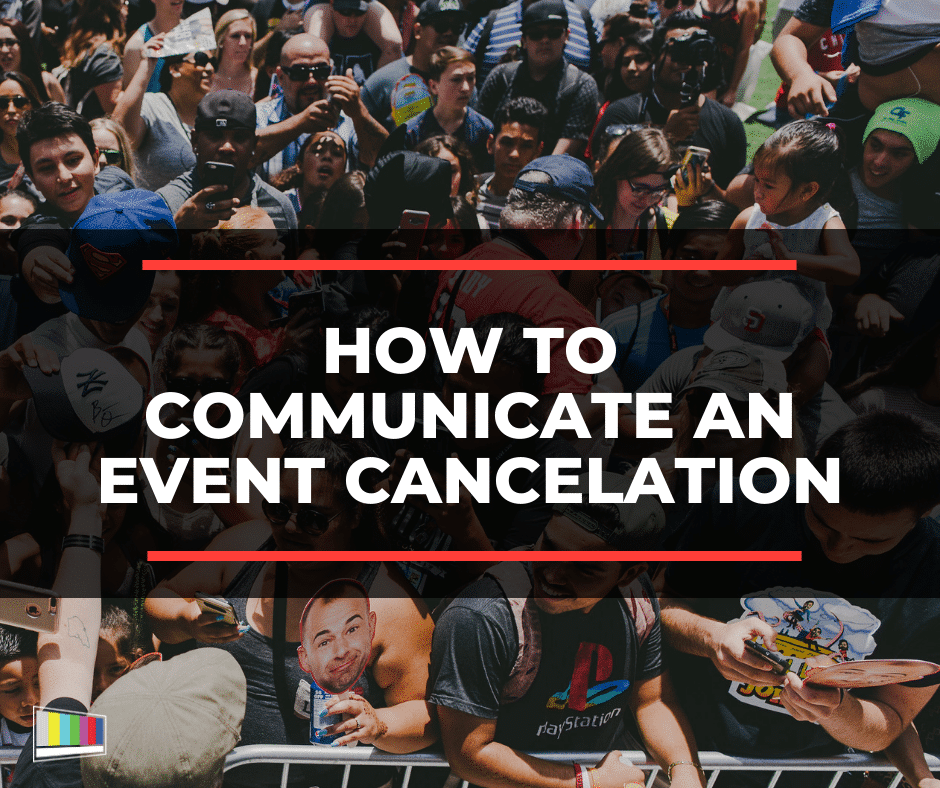
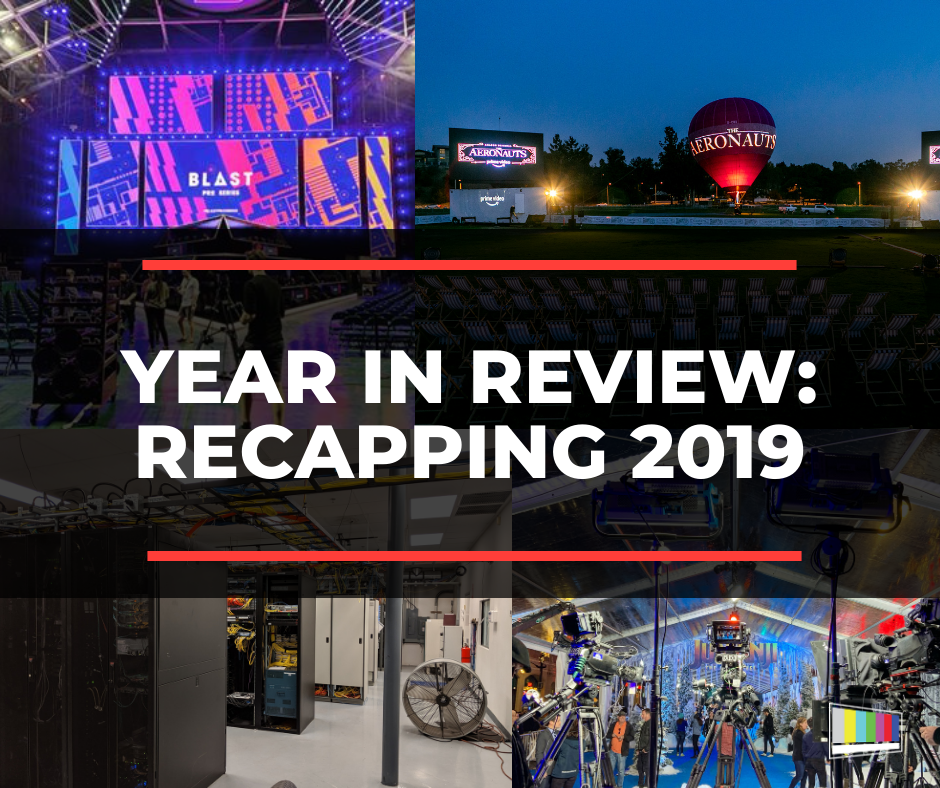
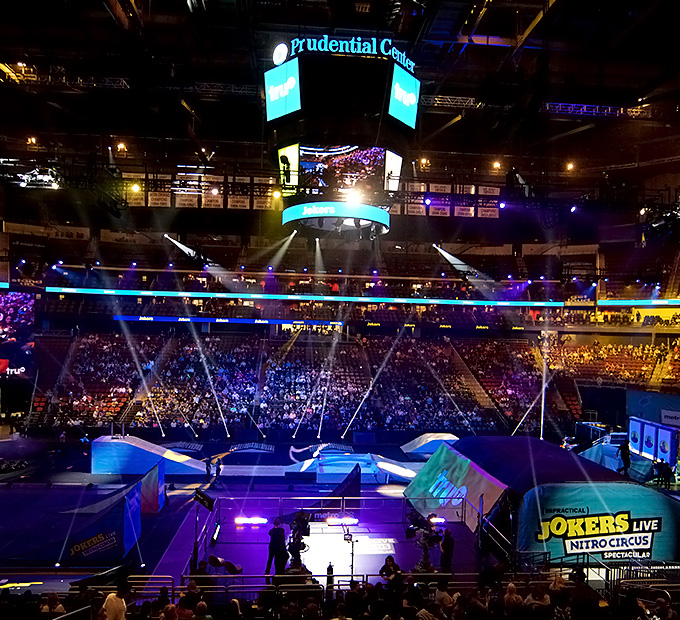




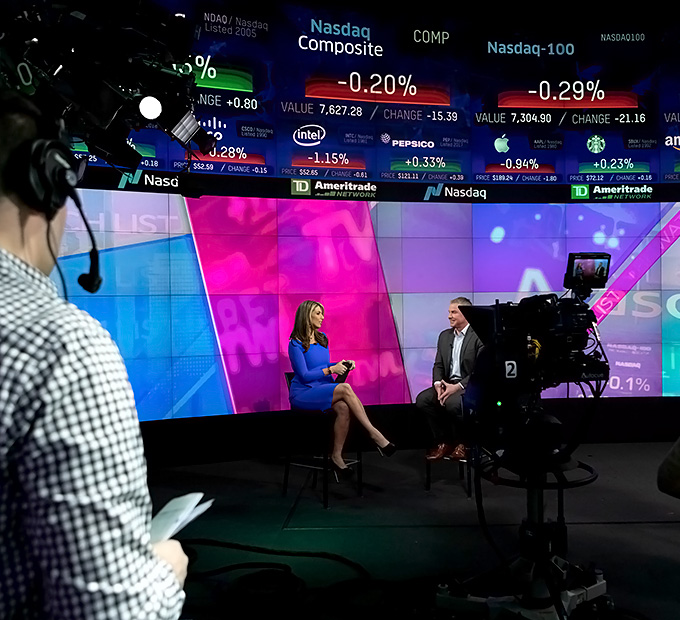
Leave a Reply